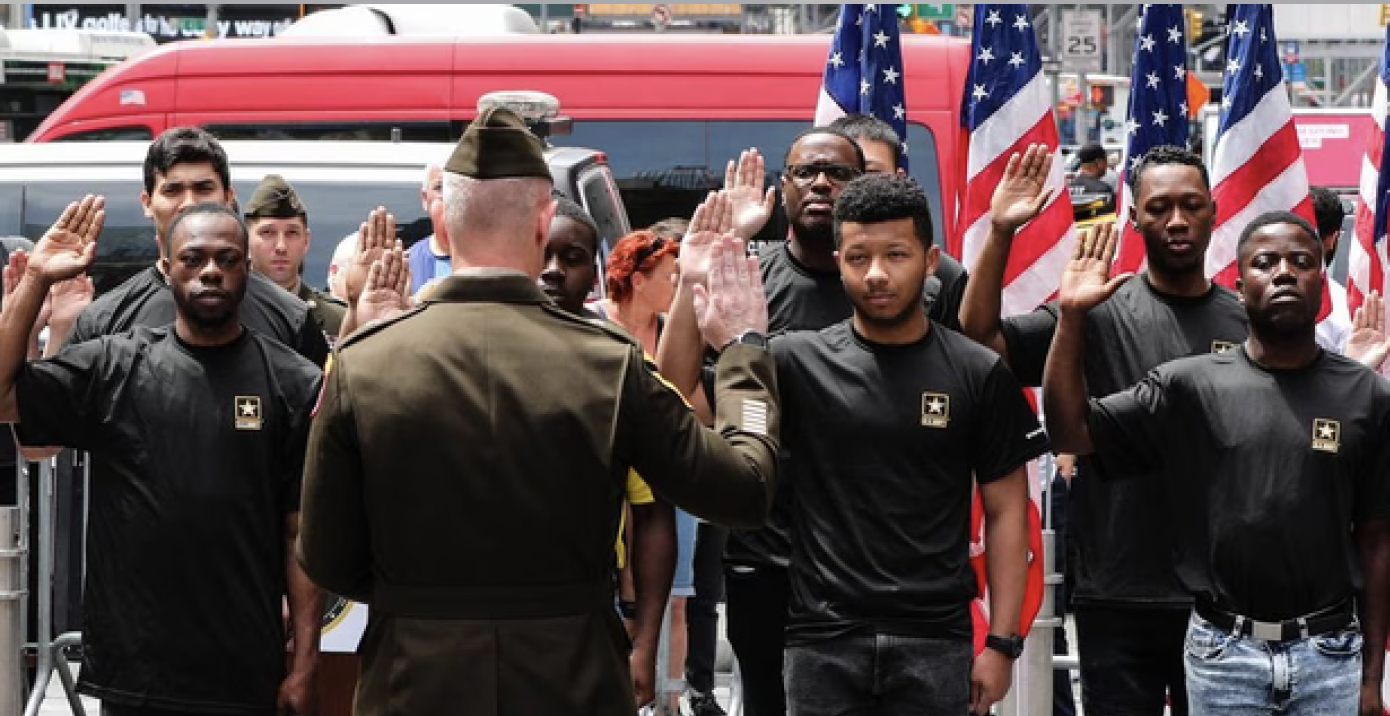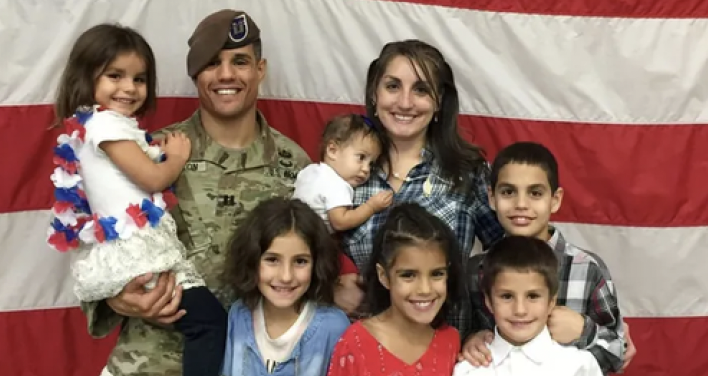Defending our veterans and military community from injustice.
In 2005, the US Army National Guard introduced the Guard Recruiting Assistance Program (G-RAP) to address recruitment challenges during the wars in Iraq and Afghanistan. By enlisting National Guard soldiers as Recruiting Assistants (RAs) and offering financial incentives, G-RAP successfully brought in over 150,000 recruits. However, in 2012, the program faced scrutiny for potential fraud risks, leading to investigations of all 106,000 participants. As a result, over 2,000 innocent soldiers currently bear unjust fraud allegations on their military records. Despite only 137 soldiers actually facing prosecution, countless troops and veterans, who were never charged with a crime, have faced negative impacts to their careers and livelihoods.
The Nolan Center for Justice stands alongside these honorable individuals, committed to revealing the injustice endured by the wrongfully accused soldiers. We call on Congress to promptly act to rectify the thousands of erroneous titles that stain soldiers’ records. Join us in our fight for those affected by the G-RAP scandal as we advocate for fair reviews and exoneration. Together, we can restore justice and dignity to these courageous individuals.
>>Learn more at defendourprotectors.org
A CLOSER LOOK: THE DISPARITY BETWEEN SOLDIERS FLAGGED AND PROSECUTED
In response to the fraud allegations, the Army funded a task force with the aim of investigating over 106,000 individuals who received payments from the program. Despite only 137 soldiers facing prosecution, the Army Criminal Investigation Division (CID) designated over 2500 soldiers with a “titled” status, permanently marking their military records as subjects of investigation. Additionally, CID submitted approximately 1,900 soldiers’ records to an FBI database, which falsely portrays them as having a criminal record, even though no actual arrests were made. These records may include serious charges such as wire fraud, creating significant implications for their careers.

![]()




